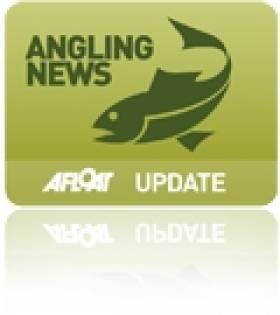Displaying items by tag: Disabled Angling
'Difficulties' For Disabled Anglers In Co Antrim
#Angling - Are developers causing difficulties for disabled anglers in Co Antrim?
That's what the Six Mike Water Trust's Michael Martin has alleged, as Farming Life reports, with claims that housing developments on the Kirbys’ Lane river walk are "destroying the river corridor" at the disabled angling stand.
What's more, a proposed development for 400 homes on the Six Mile Water's flood plain downstream in an area home to a variety of aquatic wildlife is "surely... a contravention to EEC Water Framework and Habitats Directives."
Farming Life has more on the story HERE.
























































